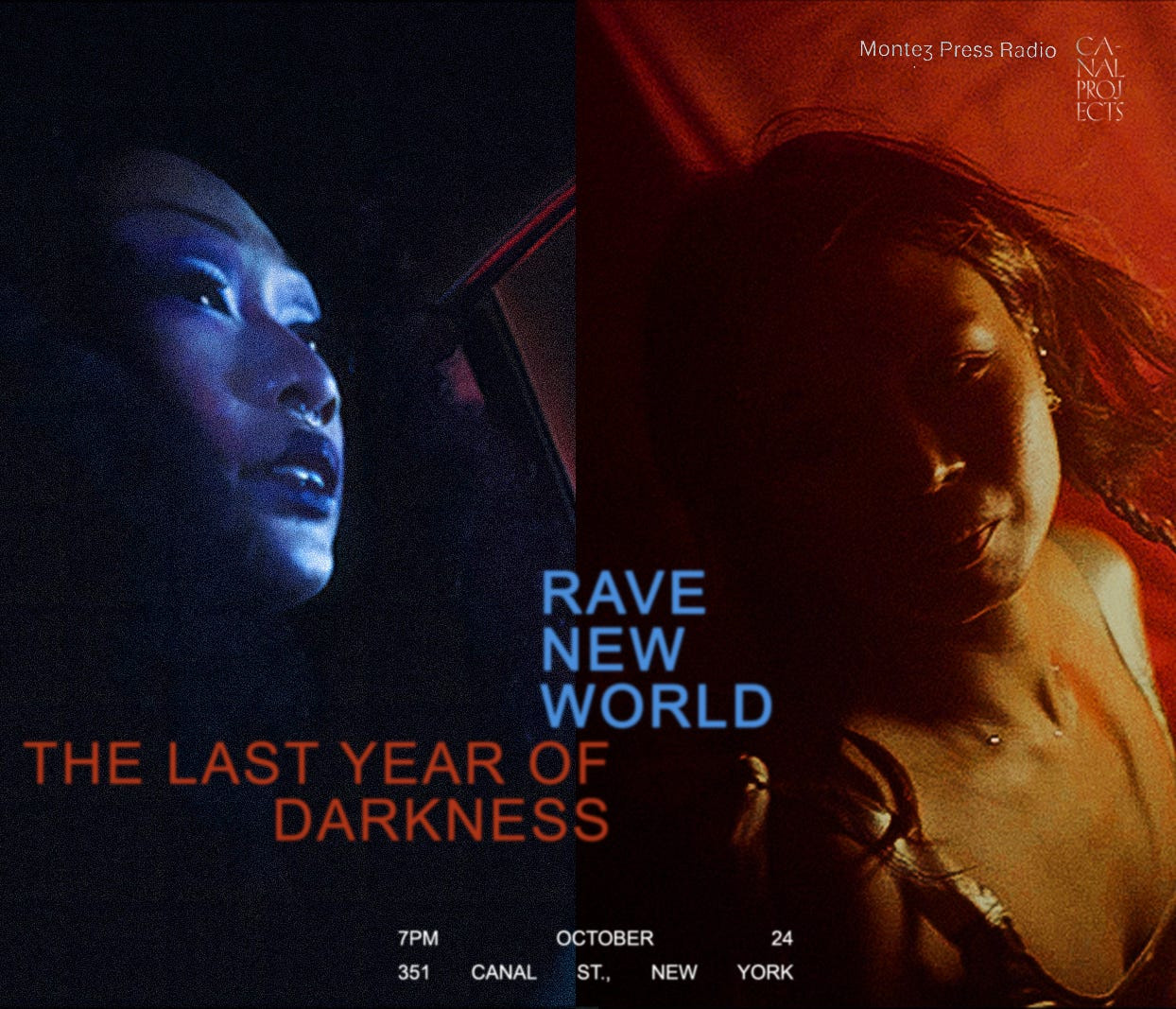Annabel Ross, an investigative journalist renowned for her impactful reporting on sexual assault within the dance music industry, recently launched “The Politics Of Dancing,” a Substack newsletter exploring the intersection of rave culture and political issues. Ross’s work has been pivotal in bringing to light numerous allegations against prominent figures like Erick Morillo, Derrick May, and Kamaal Williams, initiating crucial conversations about accountability and ethics within the scene. In a recent cross-interview, journalist Michelle asked Ross about her work, the personal toll it takes, and the broader implications for the dance music community. This conversation delves into the complexities of power dynamics, the challenges of speaking out, and the ongoing struggle for a more ethical and inclusive rave culture.
Confronting the Detroit Techno Myth and “Bro Code”
Michelle initiated the conversation by referencing an incident where Carl Craig reportedly banned Ross from the Movement festival following her exposés on Derrick May’s sexual assault allegations. Ross clarified that the ban was lifted, highlighting the initial resistance to her reporting. Michelle then shared her experience of watching Craig’s performance at Movement, acknowledging its artistic merit but wrestling with the “ambivalent feelings” arising from the attempt to silence journalistic scrutiny. This incident underscores the perceived “bro code” within certain circles of the Detroit techno scene, where protecting established figures and their legacies sometimes seems to take precedence over accountability.
Ross acknowledged the sensitivity around criticizing figures like Derrick May, one of the Belleville Three, suggesting a fear of undermining the foundational myth of Detroit techno. She recognized the sentiment among some who wish to separate the music from the controversies, asking, “can’t we just enjoy the music? Why do you have to kill the vibe?” However, this perspective overlooks the inherent politics within any cultural scene, especially one with a history rooted in social and cultural innovation.
The Illusion of Apolitical Dance Music
The conversation pivoted to the flawed notion of dance music as an apolitical and universally unifying force. Michelle critiqued Scooter Braun’s “Nova exhibition,” which displayed traumatic artifacts from the Nova festival attack in Israel, framing it as apolitical despite its clear political context and propagandistic undertones. Ross condemned the exhibition as “fucking mental,” calling it “Israeli propaganda” disguised as grief and mourning.
This example serves to debunk the myth of dance music existing in a vacuum, separate from real-world politics and conflicts. Raves and festivals, while often envisioned as escapist spaces, are inevitably situated within social and political landscapes. Ignoring these contexts is not only naive but also potentially harmful, as it can allow for the normalization of problematic behaviors and narratives.
The Personal Cost of Uncovering Industry Secrets
Ross expressed her personal struggle with the revelations of her reporting, admitting that she can no longer enjoy the music of artists like Carl Craig, Derrick May, and Omar S due to the weight of the allegations against them. She highlighted the pervasive fear of speaking out, even recounting an instance where a publicist prevented a Black female DJ from being interviewed at Movement because she was playing on Carl Craig’s stage. This illustrates the subtle yet powerful ways in which the industry can stifle critical voices and maintain a protective shield around certain figures.
Despite these challenges, Ross emphasized the increasing acknowledgment of the “complexity of the techno origin story.” She noted a growing understanding that early Detroit techno, while groundbreaking, was not without its internal contradictions, including instances of homophobia and elitism within the scene. This nuanced perspective challenges the simplified, often romanticized narrative of techno’s origins, urging for a more critical and comprehensive understanding of its history.
Navigating Accountability and “Post-Woke Reckoning”
The discussion touched upon the “post-woke reckoning” and its implications for accountability within dance music. Ross brought up the recent death of Jackmaster, contrasting the muted grief with the uncritical outpouring of tributes following Erick Morillo’s death, who died while facing rape charges. She reflected on the complexities of Jackmaster’s case, acknowledging his apology and attempts at rehabilitation after admitting to past misconduct. Ross voiced support for restorative justice and rehabilitation when individuals genuinely take responsibility for their actions, raising questions about the industry’s willingness to offer second chances and the factors that influence public forgiveness.
This part of the conversation highlights the delicate balance between demanding accountability and allowing for redemption. It prompts reflection on how the dance music community should respond to artists who have caused harm but demonstrate genuine remorse and a commitment to change.
The Isolation and Necessity of Investigative Journalism
Michelle acknowledged the isolating nature of Ross’s investigative work, pointing out that many journalists prioritize access and positive relationships with artists over critical reporting. Ross confirmed this, describing the personal sacrifices involved, including potential blacklisting and online smear campaigns. She emphasized her long-term commitment to truth-telling, even at the expense of professional perks and industry access.
Ross detailed the immense workload and emotional toll of her investigations, often undertaken on a freelance basis with uncertain financial compensation. She shared the emotional impact of hearing survivors’ stories and the persistent challenges of navigating the industry’s protective mechanisms. Despite these hardships, Ross finds reward in empowering survivors to share their stories and in the hope that her work will contribute to meaningful change, even if progress is slow and uneven. Her dedication underscores the vital role of independent journalism in holding powerful figures and industries accountable, particularly within spaces often characterized by secrecy and a culture of silence.



